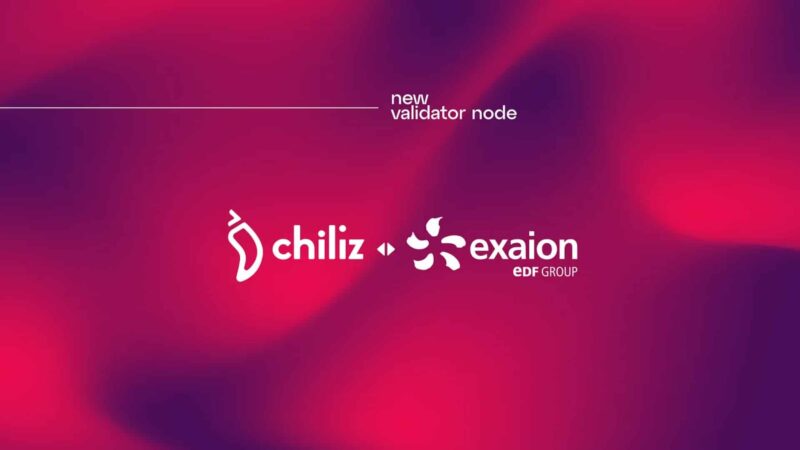The US Supreme Court has declined to hear the Harper v. IRS case, validating access to Coinbase users’ crypto data without a judicial warrant.
This refusal reinforces the ‘third-party doctrine,’ an outdated legal principle that considers data entrusted to a platform no longer private.
The decision has raised concerns in the crypto sector, legitimizing tax investigations without consent and pushing towards the adoption of decentralized and self-sovereign solutions.
Harper’s Long Battle… Lost
Since 2016, James Harper has been in a legal battle against the IRS over widespread data collection on Coinbase users obtained without a warrant through an opaque administrative procedure, known as the ‘John Doe summons.’ Harper, like thousands of others, received a letter from the IRS notifying him of a potential failure to report his crypto transactions. Instead of complying, he took the matter to court, arguing a clear violation of the Fourth Amendment.
Seven years later, the fight has come to an end: the US Supreme Court has refused to review the case. A terse decision, with no explanation. The message is clear: for now, the state can continue to delve into crypto user data without their explicit consent.
A Precedent with Privacy Consequences
Harper was not alone. Behind him, were heavyweight supporters including Coinbase, X (formerly Twitter), and several legal think tanks hoping for a revision of the ‘third-party doctrine’ principle. This principle, originating from a 1976 ruling, argues that data voluntarily entrusted to a third party, a platform, a bank, an operator, no longer falls under privacy. In other words: storing your cryptos on an exchange? The state can take a look, without a warrant, without your approval, and without violating the Constitution.
An archaic reasoning in the digital age, according to Harper’s supporters. But the Supreme Court’s refusal to review the case confirms a disturbing reality: constitutional privacy protection has not caught up with the evolution of digital practices.
A Precedent Upholding the IRS and Worrying the Crypto Sector
Since the initial dismissal of the lawsuit in 2021, every appeal has strengthened the tax authority’s position. In 2023, the appeals court even specified that Congress had intentionally given the IRS ‘broad latitude’ to track down fraudsters, including bypassing traditional judicial procedures.
This judgment is now solidified. And for users of centralized crypto platforms, the message is clear: in addition to your assets, your data does not truly belong to you. A mere tax suspicion is enough to trigger an investigation, with judges’ blessing.
Coinbase, X, and the Crypto Community on Alert
Coinbase, despite being directly affected, could not prevent this legal setback. By supporting Harper, the company aimed to defend the trust of its users and avoid becoming a mere information source for authorities.
For web3 players, this decision could accelerate a fundamental trend: the return to self-sovereignty. Non-custodial wallets, data anonymization, use of decentralized platforms… This judgment starkly reminds why these tools exist.




